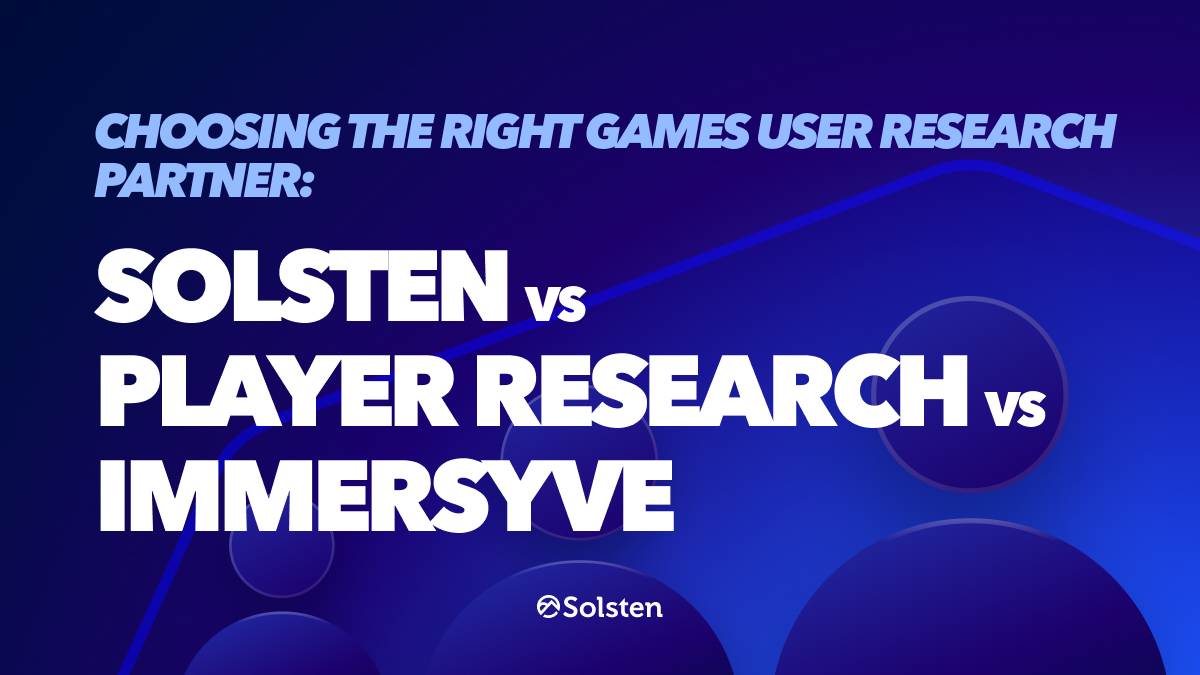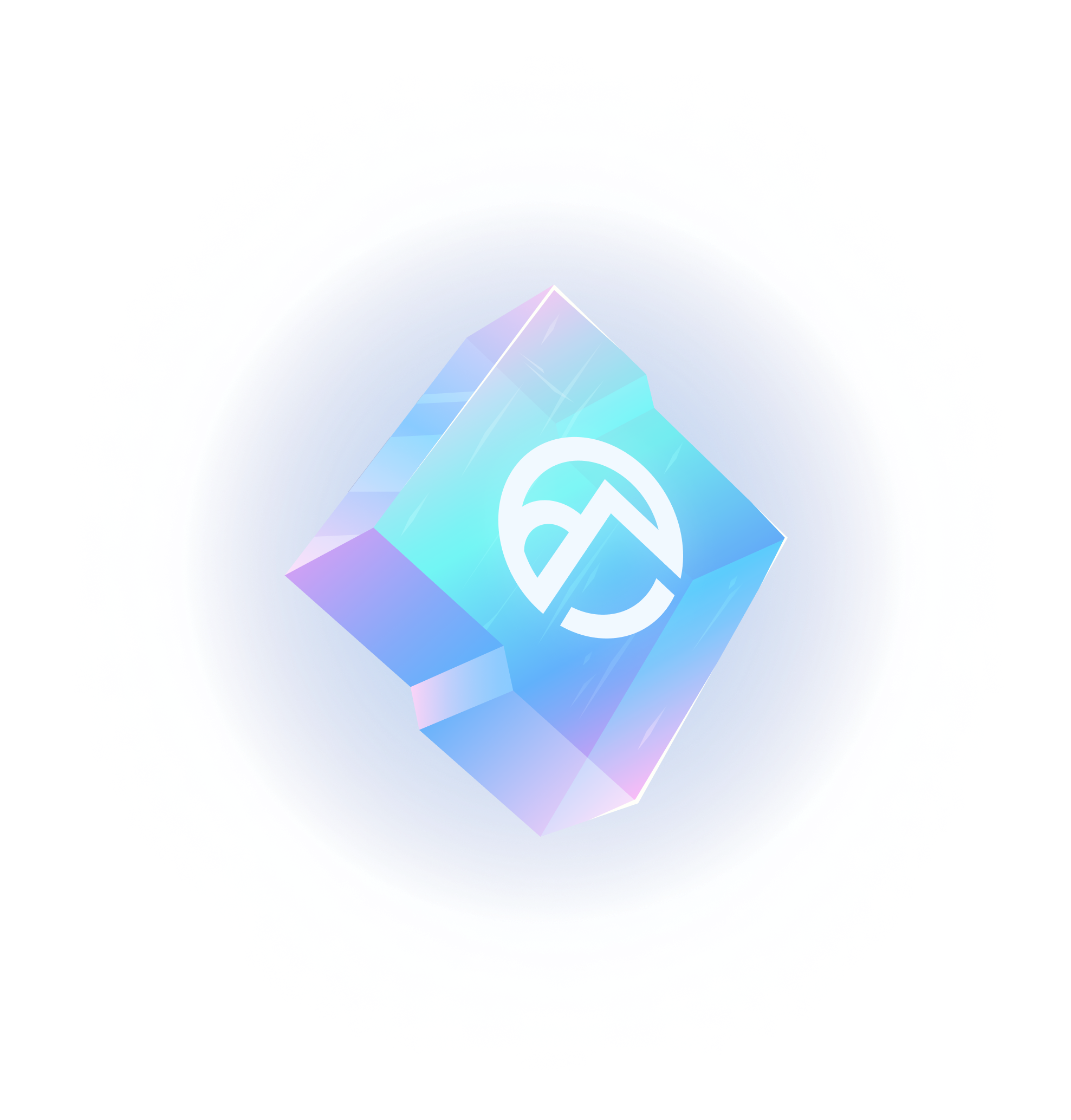When developing a new game experience, studios have many choices for partners to provide valuable user research and player insights. Three firms at the forefront are Solsten, Player Research, and Immersyve — each bringing unique methodologies and specializations to the table. As studios weigh their options, they must carefully weigh each firm’s strengths and differentiation across key factors like research scope, precision in audience targeting, and data-driven methodologies.
In this article, we’ll evaluate each games user research firm through three lenses: main use cases, key differentiators, and methodologies and tools each firm uses. With this information, game developers, studios, and publishers will have all the information they need to choose the player research partner that best suits their needs.
Why Studios Choose Solsten:
Studios choose Solsten to minimize risk and ensure their games resonate with their intended audiences. Solsten provides two unmatched advantages:
- The most comprehensive suite of player research capabilities, covering every need from concept to launch to live ops.
- Proprietary psychological profiles that enable the recruitment of research subjects who truly represent a game’s actual player base and motivations, providing insights with unparalleled precision.
While many research firms promise psychological and motivational insights, their methods are scientifically invalid, behavior-based, qualitative, and based on small sample survey data. These methods produce results that are difficult to trust, and do not accurately reflect human psychology.
Only Solsten combines comprehensive research tactics with psychologically validated data to ensure studios get feedback from subjects mirroring the motivations and personas of their real-world players and audiences. This distinction is critical, as it significantly increases the ROI of a studio’s research investment.
Main Use Cases:
Solsten provides comprehensive, scientifically-valid research that reliably optimizes games at every stage of the development cycle. Early on, they validate new concepts, features, and art from a player-centric perspective. They also evaluate live events prior to their launch to ensure audience resonance.
Mid-production, Solsten playtests prototypes while recording physiological signals to identify engagement peaks and pain points. And for live games, Solsten conducts lapsed player research — locating and profiling churned players to understand retention issues and regain their investment.
Key Differentiator:
Solsten’s key advantage is their proprietary psychological database — the largest of its kind globally after evaluating millions of players for over six years with the top gaming companies. This database is representative of 3.4 billion people globally, from every continent, country, state, and territory in the world. Powered by a proprietary adaptive psychological assessment, this database gives Solsten the unique ability to recruit research subjects psychologically aligned with a game’s actual audience for unparalleled research precision.




